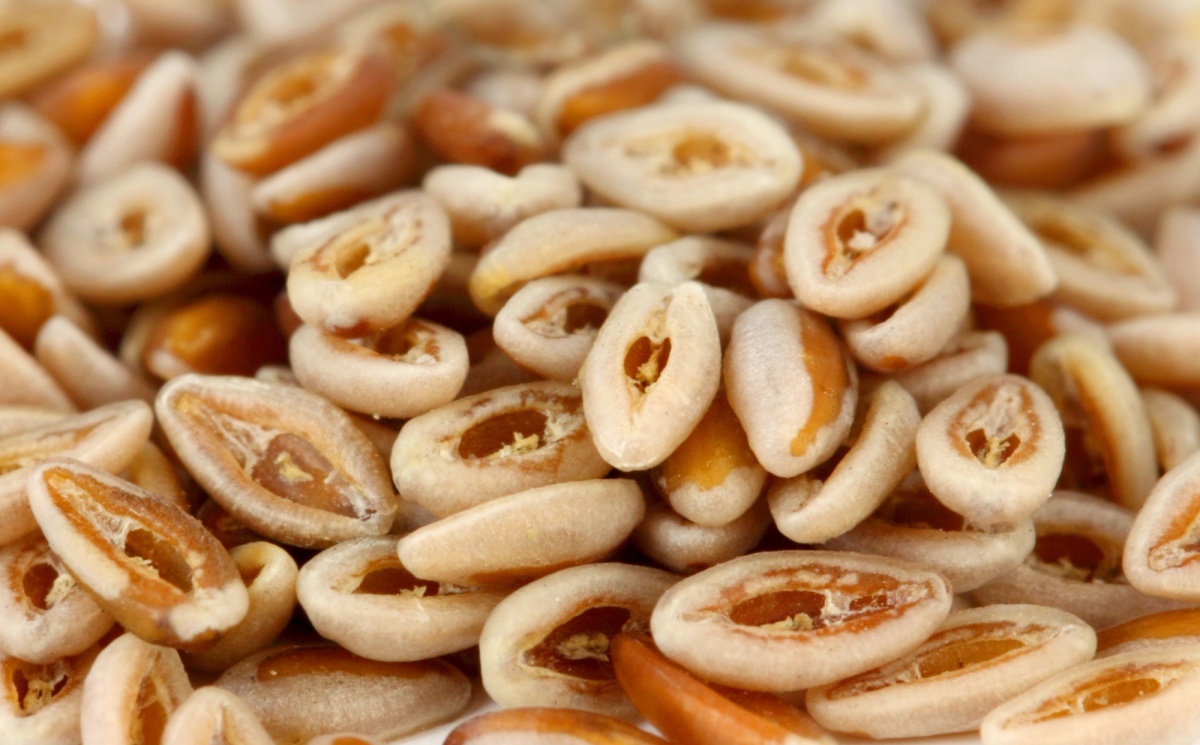Psyllium
- Seeds & Lentils
Psyllium has a long history in traditional medicine for digestive health and constipation relief. It is made from the seeds of the Plantago ovata plant. Psyllium is highly absorbent and can create a gel-like substance when mixed with liquids.
Psyllium offers several health benefits. Firstly, it aids digestion by relieving constipation and promoting regular bowel movements, making it an effective natural laxative. Secondly, it helps lower cholesterol levels, especially LDL (bad) cholesterol, by binding to cholesterol and bile acids, facilitating their elimination and reducing the risk of heart disease. Psyllium also supports heart health by improving overall lipid profiles. Additionally, it acts as a prebiotic, nourishing beneficial gut bacteria and promoting a healthy balance of gut microbiota. This enhances gut health, supports immune function, and contributes to overall well-being. Overall, psyllium is beneficial for digestive health, cholesterol management, heart health, and gut health.
References:
Slavin, Joanne. "Fiber and Prebiotics: Mechanisms and Health Benefits." Nutrients, vol. 5, no. 4, 22 Apr. 2013, pp. 1417-1435. doi:10.3390/nu5041417.
Jovanovski, Elena et al. "Effect of Psyllium (Plantago ovata) Fiber on LDL Cholesterol and Alternative Lipid Targets, Non-HDL Cholesterol and Apolipoprotein B: A Systematic Review and Meta-Analysis of Randomized Controlled Trials." The American Journal of Clinical Nutrition, vol. 108, no. 5, 1 Nov. 2018, pp. 922-932. doi:10.1093/ajcn/nqy115.
